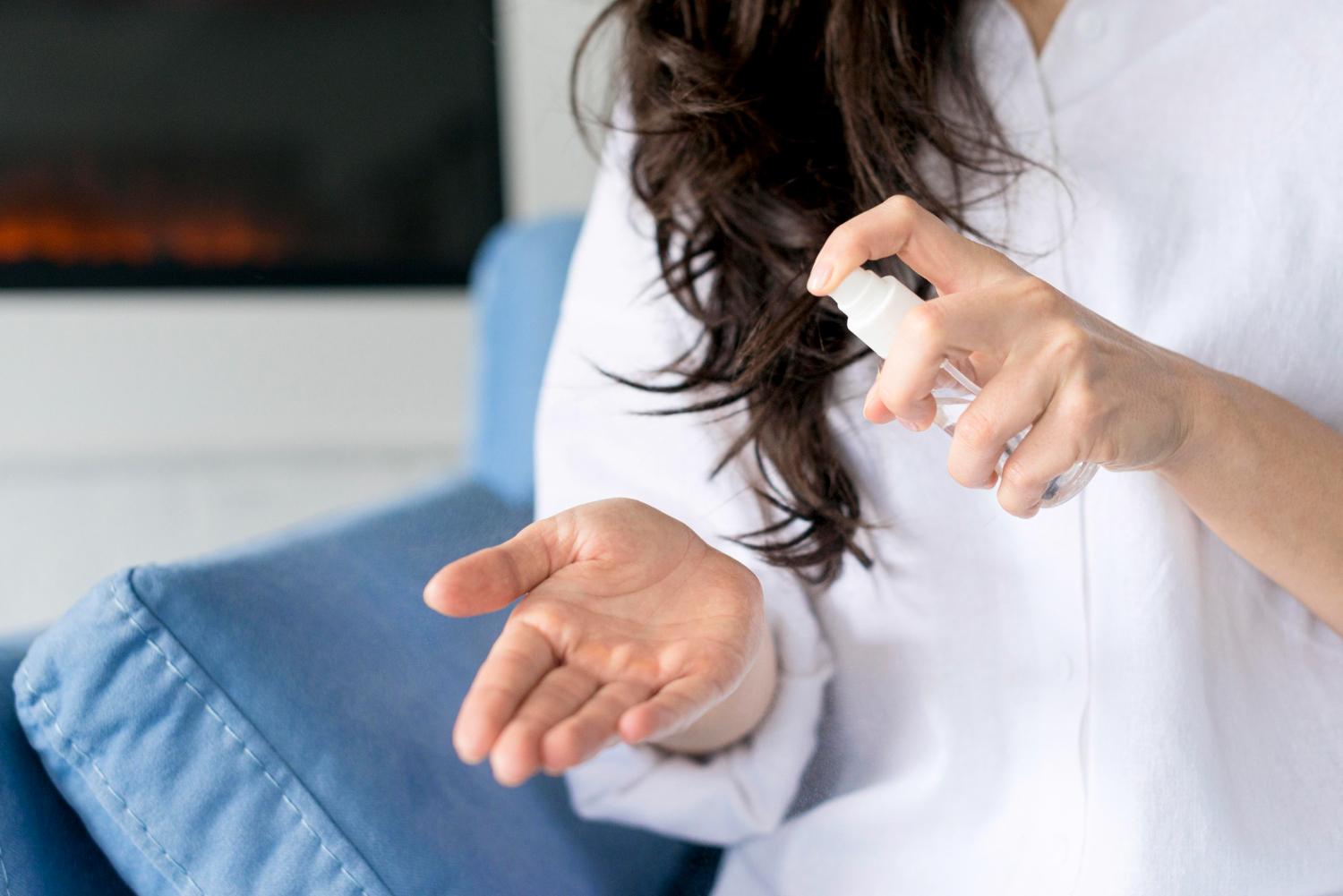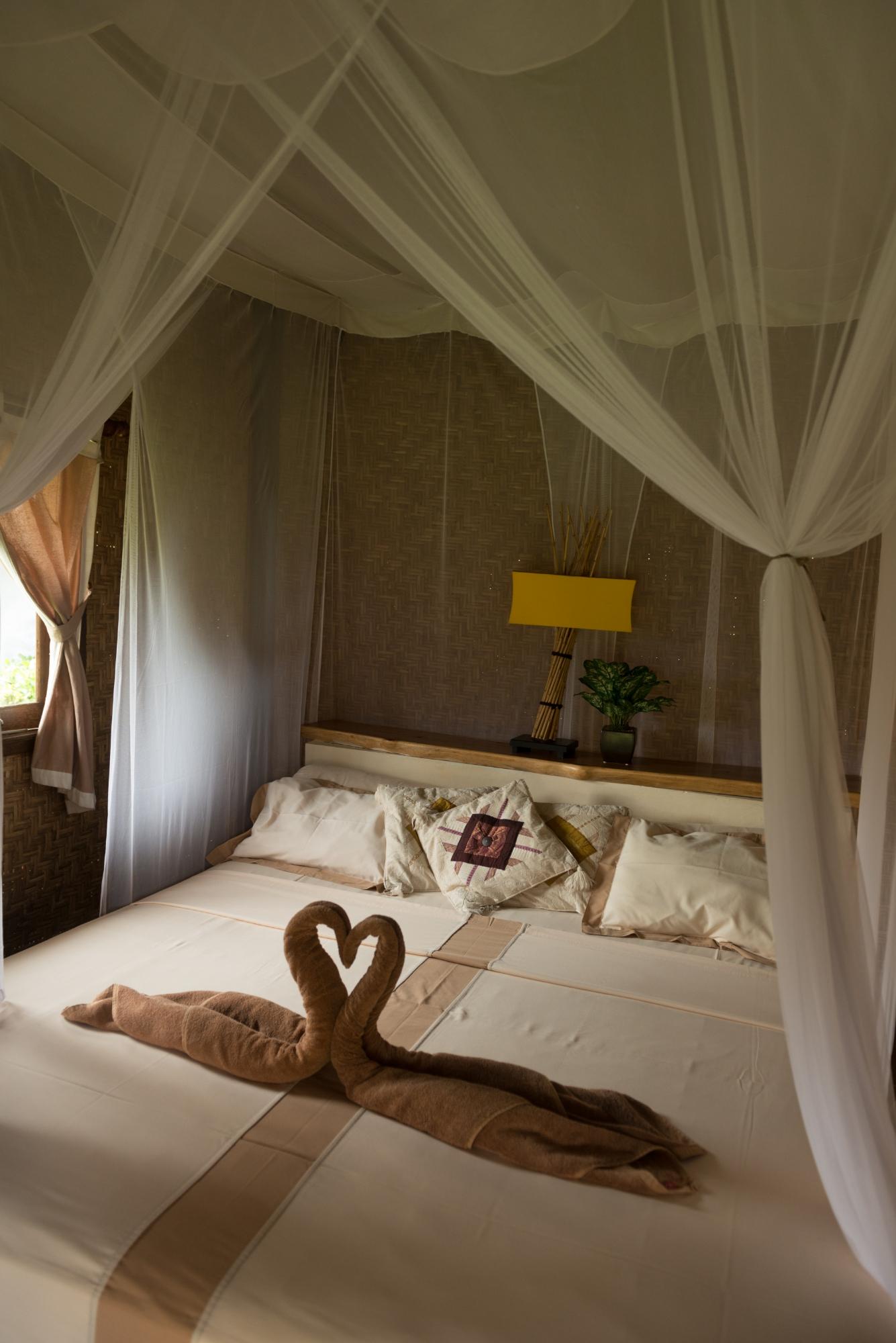There are very few things as annoying as a mosquito zooming around your head all night, but as many sleepless nights as these incessant little creatures have caused us, their bites usually only itch for a while and then disappear. When travelling abroad though, protecting yourself against mosquito bites does become a bit more serious, as various diseases such as Malaria can be contracted through mosquito bites. Fear not though, as you do not need to be fearfully checking for mosquitoes every second of your holiday, and with a few simple preparations, you will be ready to travel.

Many travellers may not realise it, but there are actually a range of mosquito borne diseases around the world, and considering just how easy it is to get bitten by a mosquito, this does feel a bit concerning. This is avoidable though, but it’s important to be informed on the dangers of mosquito bites before attempting any holiday. Malaria, dengue, yellow fever and Japanese encephalitis are potentially fatal diseases if left untreated or unplanned for, and since they are all spread through mosquito bites, it becomes crystal clear why we cannot just rely on swatting mosquitoes away like we normally do. When you are going on safari or to some tropical destination, it’s crucial to be clued up on the possible dangers and mosquito related preparations you need to take. Nearly all of these diseases are proactively preventable by medicine or vaccines you get before your trip, and with some extra precautions, the dangers of mosquito bites will not need to be a worry.

The first step of planning any trip is to find out which mosquito borne diseases are known to the area, and then you can start making concrete plans to protect yourself. Vaccines and medications will be the first step, but this has to be done a while before the trip actually starts. To ensure the preventative medication is effective, travellers should book a doctor’s appointment at least 6 weeks before you depart, as anything less is cutting it way too close. After you have consulted with your doctor and received the advised medication, the rest will be up to prevention during your holiday.
Thankfully, there are a few ways this can be done, and all of them are easy and feasible in nearly all destinations. Some tips to remember is that insect repellent should be applied to all exposed skin after sunscreen and after any bathing or swimming. You should also check the instructions of your insect repellent to see how often it should be reapplied. Insect repellents can be found in various strengths, and this is something you definitely cannot travel without. Just remember to keep your insect repellent away from clothes, credit cards and phones as this may damage them.

Your next best defence against gnarly mosquitoes is the clothing you wear, as this will hugely impact whether you are able to get bitten. Clothing with a high neckline, long sleeves and long legs are a great way to protect as much of your body against mosquito bites as possible. Even though you may be travelling to hot destinations, when there is a risk of mosquito borne diseases, long clothing is always preferred, but rest assured that loose, thin and flowy clothes will be perfectly comfortable and cool. Another great tip to remember for your holiday is that you can also buy clothes that are pretreated with insecticide to ensure the highest level of protection.
Sleeping at night is usually when you are at the highest risk for mosquito bites, and this is where the next mosquito bite prevention method comes in very handy. A mosquito net is one of those essentials one a holiday. This will be tucked neatly into the corners of your bed and provide a happy little bubble to sleep in that mosquitoes will not be able to enter. Some mosquito nets are also treated with insecticide to increase the levels of protection. The great news is that there are many types of mosquito nets that can be tailored to both indoor and outdoor use, and this is the single best way to ensure you can sleep soundly at night.

If possible, it’s also better to opt for accommodation that has air-conditioning installed, since with an aircon running, it won’t even be necessary to have a mosquito net over your bed. Windows and doors can be fitted with screen doors as well. While there are many useful tips to prevent getting bitten by mosquitoes on holiday, there are also a few myths that you should never rely on. Citronella oil candles and products are widely marketed as a mosquito repellent, but they only work for a short time and are not reliable enough when your health is at stake. Many homeopathic remedies such as tea tree oil, vitamin B supplements, eating garlic or drinking alcohol are believed, but none of these provide comprehensive protection you can rely on. Using bath oils, eating or applying yeast extracts to your skin or using electric buzzers that emit high frequency are also false mosquito bite remedies, and only official treatment solutions should be followed.
In the event that you do get bitten by a mosquito on your travels, there is no need to panic as you only have to remember a few steps. The first thing to remember is that even though it itches, you should never start scratching a mosquito bite. Breaking the skin can cause infection and increase irritation, so instead of scratching away, rather try putting a cold cloth over the bite so it can reduce swelling and soothe the incessant itch. A good proactive plan is to travel with a bite relief cream or antihistamine tablets that you can use to ease the symptoms of a mosquito bite.
These can be found in pharmacies all over, so even if you forget, make sure you just pick some up after arriving at your destination. If you do feel yourself getting sick during a trip, it’s always important to consult local health care providers as they will be able to provide immediate assistance. Whether you need to return home or not, there is no room to play around with your health while on holiday, and any symptoms of sickness should be taken very seriously when travelling in a high-risk mosquito area.
With all these measures, you should be able to enjoy a safe and exciting trip without worrying about mosquitoes too much, but at the end of the day, not getting bitten at all is the best plan, and these travel hacks to get rid of mosquitoes are definitely good to remember. Apart from being vaccinated, taking medication with you and protecting your sleeping quarters, there are also some extra tips that could save you a very unfortunate mosquito bite. Ensuring that there is no stagnant water lying around your accommodation is one of the first ways to avoid mosquito bites, since mosquitoes breed in still standing water.

Mosquito bites are something travellers need to protect themselves from in most parts of the world, and this is why being clued up on how to keep yourself safe is so important. These tips are the best guide to follow when planning a holiday somewhere exotic, and by simply taking the necessary steps to prevent mosquito bites, you will be able to enjoy the holiday of a lifetime with complete peace of mind.
If you want the latest information on the best Hotel Executive Club Lounges, Hotel Kids Clubs and other travel information, be sure to sign up for our free newsletter full of tips and great travel ideas.